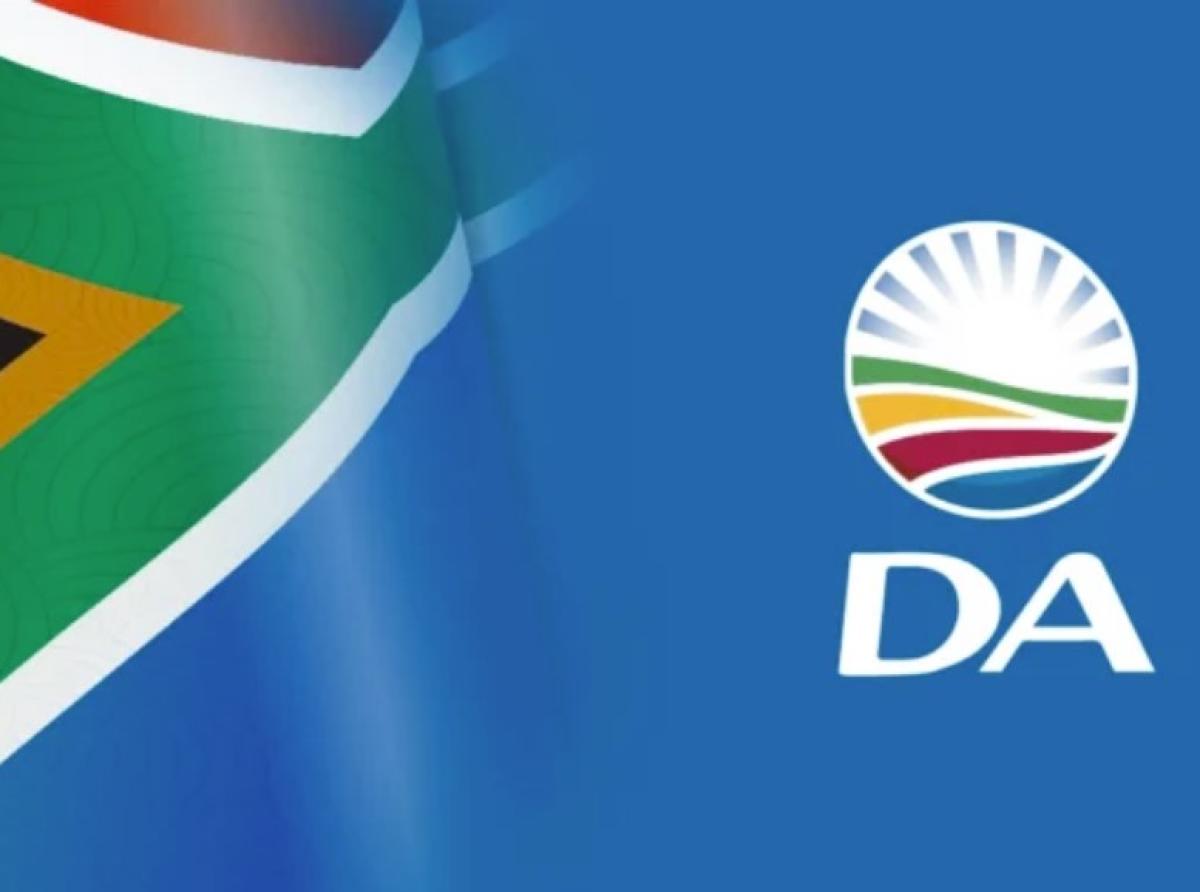Challenging ANC's policies: The DA's vision for economic inclusion

The Democratic Alliance (DA) has called for policy changes to bring about change to the country's current Broad-based Black Economic Empowerment (B-BBEE) policies of the ANC.
On Monday, the party slammed the current policies, which it said only benefitted a few politically-connected individuals.
This comes after the DA unveiled its Economic Inclusion Bill, a needs-based system focused on jobs, skills, and poverty reduction, as an improved alternative to the current legislation.
DA's head of policy, Mat Cuthbert, said the new bill aims to replace years of ineffective ANC empowerment policies.
“We need to call for the policy changes that are required to create an inclusive South Africa... This bill aims to replace years of ineffective ANC empowerment policies that have left the vast majority of South Africans unemployed, impoverished, and hopeless. Around 44 million South Africans are stuck in poverty, 12 million are stranded in unemployment queues, and our country remains the most unequal place on earth. This is not the inclusive country we envisioned building when we lined up to vote on the 27th of April 1994," he stated.
Furthermore, the DA indicated that this bill is aligned with the United Nations (UN) Sustainable Development Goals.
"Our alternative model aligns with the 17 United Nations (UN) Sustainable Development Goals (SDGs), which serve as a universal call to action for government, business, and civil society to end poverty, address inequality, and create a path towards sustainable economic growth by 2030," he said.
Cuthbert said the party's bill further aims to strengthen governance by expanding qualification requirements for members of the Procurement Tribunal, extending regulatory consultation periods, and increasing parliamentary oversight of regulations.
"To give effect to this change, the bill empowers the Minister of Trade, Industry, and Competition to develop and implement a simplified preference points system based on the SDGs. The DA’s proposed model scorecard will enable organs of state to allocate preference points in tenders based on a supplier’s demonstrated contributions to inclusive and sustainable development."
Economist, Dawie Roodt, said the country does not have any pro-poor policies, with most of the country's young people remaining on the fringes of economic inclusion.
"How on earth can we have the black economic empowerment if a third of our black children are malnourished? How is it possible that we can have black economic empowerment when literally thousands of our children are dying of hunger? How is it possible that we have economic empowerment when our crime is the biggest in the world, and the majority are getting poorer and poorer? We do not have black economic empowerment, but we do have black billionaire empowerment," he said.
However, economist Dr Shadi Maganoe stated that the scrapping of the country's laws should balance compliance with the Constitution and transformative objectives to address inequalities.
"From a constitutional perspective, any reform to economic legislation must balance two imperatives: compliance with the Constitution’s transformative objectives, particularly the commitment to substantive equality and socio-economic redress in the Bill of Rights, and the need to promote sustainable economic growth.
"Proposals that aim to improve policy efficiency and enhance service delivery can be considered positively, provided they remain consistent with constitutional principles. The true test is whether these reforms uphold the Bill of Rights and advance the public interest without undermining existing protections for historically disadvantaged groups," she stated.
*This article was first published by IOL News

